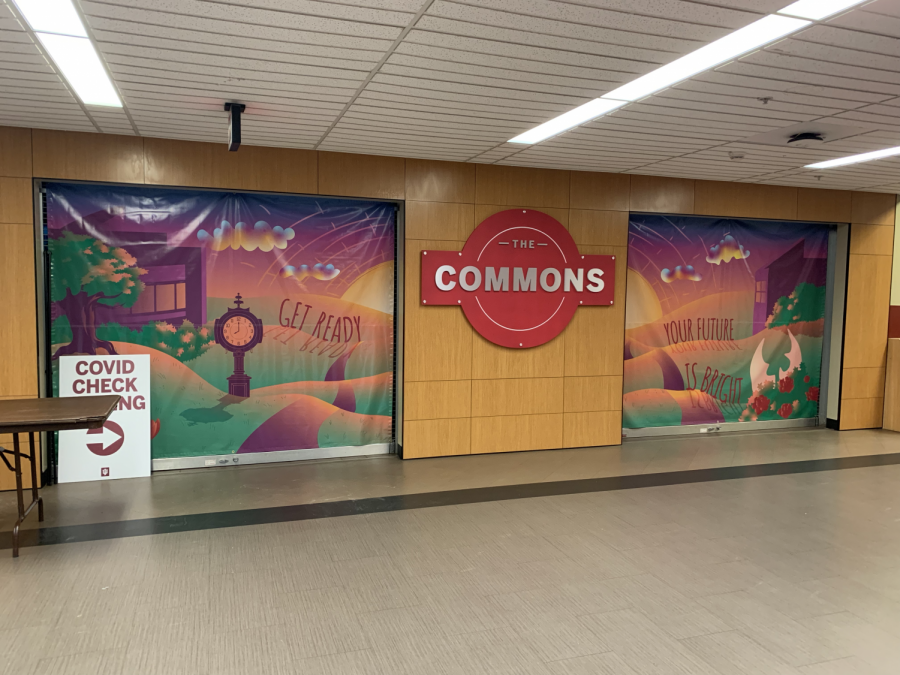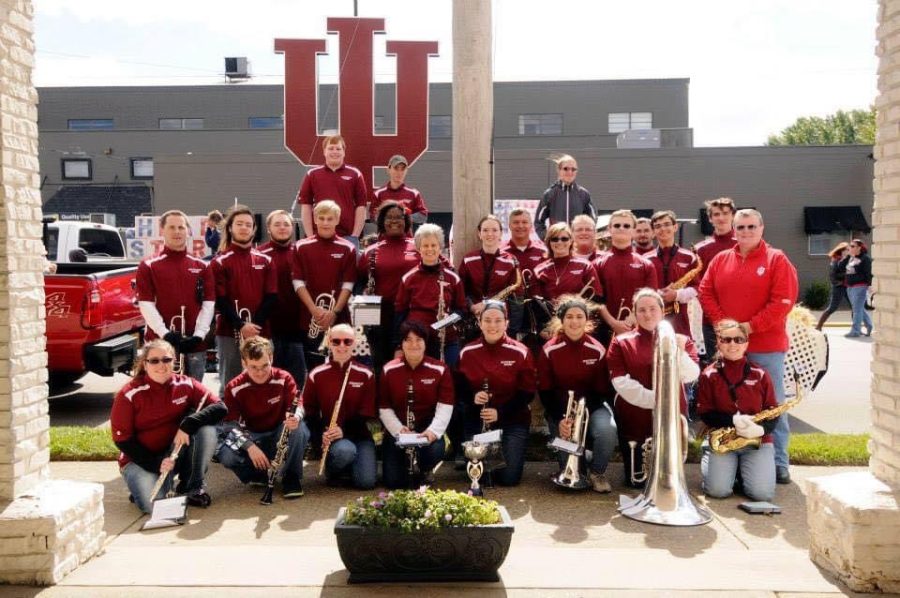Sometimes the bills are too high, the pay is too low, and people need help to provide for themselves and their families.
On Wednesday Oct. 21, Anne Smith, executive director of Ministries United of South Central Louisville, with the Association Community Ministries, held a poverty simulation to give students a small dose of poverty—showing what it feels like to be in a low-income situation—by providing 26 scenarios that mimic real- life situations.
While attempting to pay their bills with limited resources, students realized there is more to poverty, and “going hungry” than they thought. Samantha Lowe, nursing freshman, said she did not realize how challenging it is to be poor.
“It really made me think about how difficult it is,” Lowe said. “There are so many bills to pay and things to do. It’s overwhelming,”
Donna Bowles, assistant professor of nursing, is on the common experience board that called Smith to lead the simulation. She said it was important for nursing students to participate in the simulation because many of the patients they will encounter will be in need and they need to know how to assist them.
Smith said she believes the simulation is beneficial for people who will be working with the public service sector, because it helps teach them what it is like to be immersed in poverty.
“It’s important that they can recognize the signs and how poverty works,” Smith said. “They need to know about the walk of poverty.”
Smith said she realizes there is a bigger problem. She said she believes that all scenarios are doable, but some people need help. Hunger is one of the bigger problems, Smith said.
“For example, as a student I could have not eaten anything all day, but I’m not going to ask you to share your lunch with me,” Smith said. “I could be hungry, but I’m not going to tell anybody.”
Demand for emergency food assistance has risen, according to the Corporation of National and Community Services. According to Feeding America, 100 percent of their food banks reported the increase for food demand, however, 72 percent reported that due to the increase, they are not able to meet the needs of their community adequately.
Programs are set up to help alleviate the burden.
More than 18.6 million households use Supplemental Nutrition Assistance Program (SNAP), or food stamps, according to the Congressional Budget Office. SNAP use is at an all-time historical high and is estimated to stay there through 2014, according to the Congressional Budget Office.
Cati Odle, Jefferson Community and Technical College elementary education freshman, found herself among the increase. Six months ago, Odle decided it was time to look for help. Even though she works 37.5 hours a week, almost full time, there did not seem to be enough money to buy food for her two children, Kyler, 5, Sami, 18 months, and herself.
Odle said the process was hard. After two hours of sitting in a crazy, crowded, loud waiting room she was called, and to her dismay she said the worker treated her as if she were just another case.
“They didn’t act like they cared about my situation at all,” Odle said. “They don’t give you their time. It made me feel like I’m trash even though I’m not. I work hard for my family.”
Odle said she realizes not everyone wants to be on SNAP but she refuses to let her pride keep her from asking for the help she needs to feed her children.
“I want to have a life and not depend on the system,” she said. “I don’t want to have to tell my boys that we only have so much to spend on food each month. They are behind my motivation to go to school and work the way I do.”
Odle works during the day and takes classes at night part-time and is considering switching to IU Southeast.
Odle said she tried going to school before, but was forced to drop out due to the stress of a divorce. The second time she enrolled she found a better paying job and the hours made it difficult to make it to her classes.
“It was really stressful,” Odle said. “I was the sole provider for my family at the time and was trying to work and go to school.”
Now settled into her job and her routine, Odle said she is determined to finish her schooling.
“My book bag goes with me wherever I go,” Odle said. “If I feel like I have time to get something done I will pull it out. Even if I only get to read one page, at least it’s something,”
Kathy Byers, Bachelors of Social Work Program Director at IU-Bloomington, explained that poverty is complex and said there are many different reasons and circumstances that contribute to poverty.
“The primary concern is that people in poverty don’t have access to good paying jobs,” Byers said. “A factory may have moved and people may have lost their good paying job and benefits.”
This is only one situation, Byers said. Another is that people do not have the skills or have access to training or education needed to match with available jobs.
Byers said education and opportunity are key to pulling oneself out of poverty.
“Getting the skills necessary and the opportunity to have a good paying job helps,” Byers said.
She said she wants to remind students that school is always there and sometimes taking a break to help alleviate financial burdens is okay.
Odle said she has taken too many breaks already. She has found herself in the single parent scenario where she struggles to care for herself and her children. Her two children are helping to motivate her.
Even though she has motivation life is still hard she said.
“I cry myself to sleep at night,” Odle said. “I feel like a horrible mother, like I let them down. It’s a parent’s job to provide and I can’t.”
The hardest part of working and going to school for Odle is not being home to help her 5-year-old with his homework. She remembers being in elementary school and her parents sitting down with her at night to do homework. To her despair, she doesn’t get to have that memory with her oldest son.
“Your kids need you there.” Odle said. “They need you to help them, but I’m not there. I can’t be because I’m in class at night,”
Being a single mother with two children is hard, but trying to improve the situation by going to school is the only way she said she sees herself being able to feed her children independent of SNAP. So even though the bills are too high and the pay is too low and she needs help to feed her family, and even though she cries herself to sleep because she feels as though she’s failed her children, she holds her head high.
Though Smith taught IUS nursing students the importance of understanding poverty, some students understand all too well. They need help just to put food on the table, but there is hope.
“All scenarios are doable,” Smith said.






